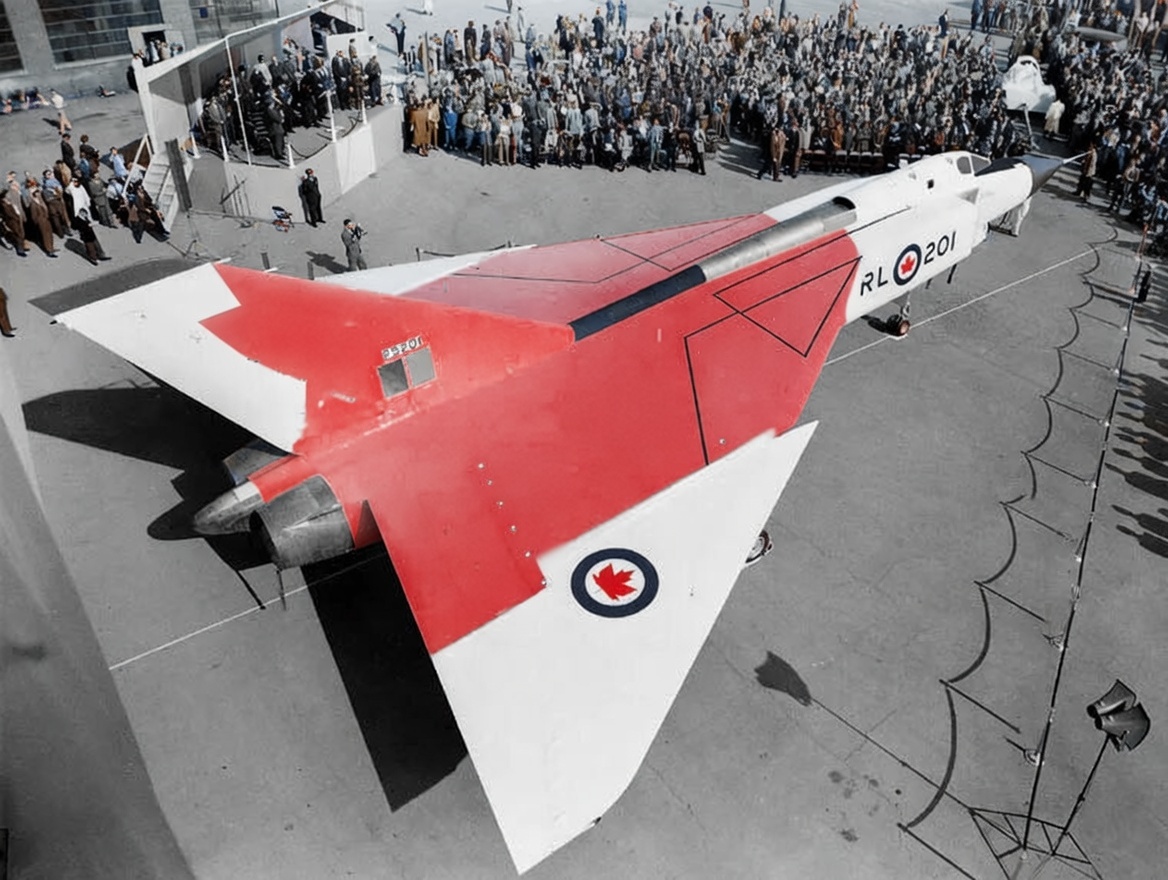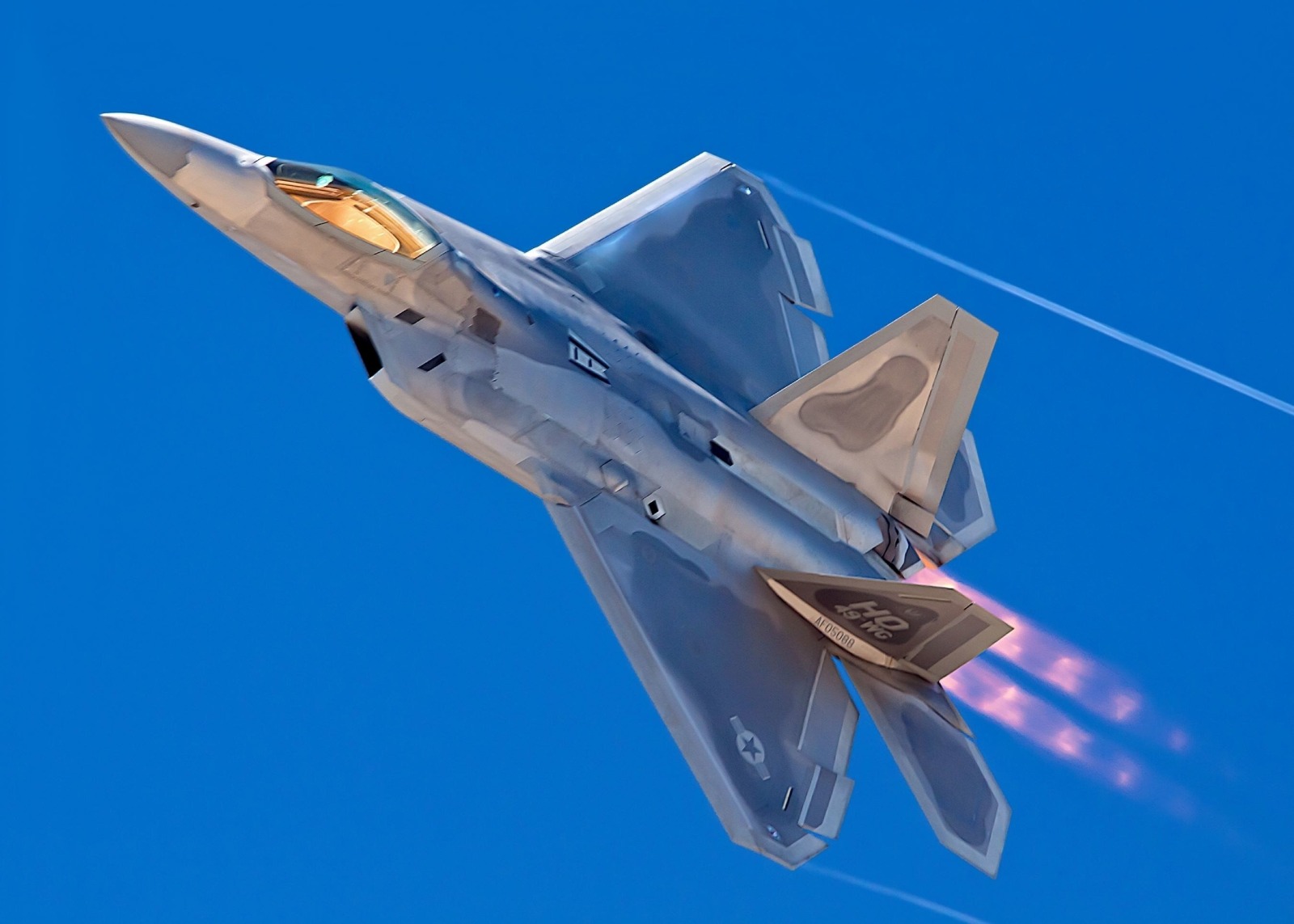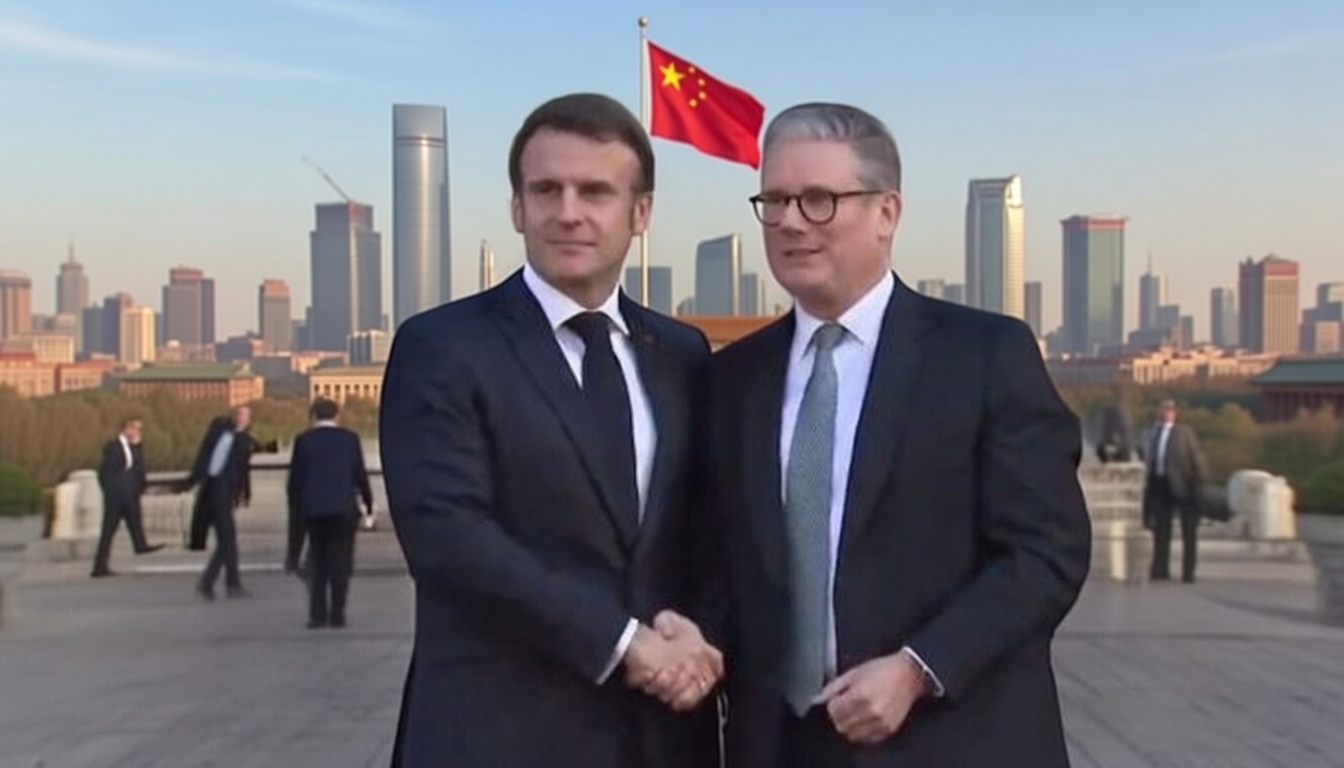Russian Foreign Minister Sergey Lavrov has urged all BRICS nations which includes (Brazil, Russia, India, China and South Africa) to take part in work towards the post-war restoration of Syria.
Saudi Money, US Weapons, Israeli Intelligence Fuelling Arab NATO – Iran
“It is extremely important to support the processes of Syria’s post-conflict restoration. We urge participation in this activity and note in this connection efforts taken by our Chinese and Indian friends,” said Lavrov.
The main tasks in Syria are the restoration of sovereignty and territorial integrity of the country, the cleansing of remaining terrorists, assistance in the return of refugees with an advance of the political process led by the Syrians themselves in line with Resolution 2254 of the UN Security Council, Lavrov reiterated. “The launch of a constitutional committee that is expected shortly will be a crucial stage on this path,” the Russian diplomat emphasised.

The Russian Influence in Syria
Earlier, as EurAsian Times reported, Arab Nations are keen to restore ties with Syria and remove the country from the Iranian influence. These attempts are not hidden and Russia is increasingly becoming one of the key “platforms” for connecting the Arab Nations with Syria.
Among the high-ranking guests of the 8th Moscow Conference on International Security (April 23-25), considerable attention was given to the Deputy Minister of Defense of the Kingdom of Saudi Arabia (KSA) Khalid bin Salman, younger son of King Salman ibn Abdulaziz al-Saud.
His brother Mohammed bin-Salman, crown prince and part-time secretary of defence of KSA, is the de facto ruler of the largest Arab monarchy. It is believed that on April 24, Khalid bin Salman was received by Russian Defense Minister Sergei Shoigu. However, it is safe to assume that one of the topics of communication of the young prince, who was transferred in February 2019 from the post of the Saudi ambassador to the United States to the second position in the military department of KSA, was Syria and, of course, Iran.
A statement following a cabinet meeting chaired by King Salman, which was voiced while Prince Khaled was in Moscow, said that Saudi Arabia still maintains a firm position on Iran. The first geopolitical rival of the Al Saud family is placed at the epicentre of US sanctions, and regular threats from regional allies.
Going with the wishes of Israel and Saudi Arabia, Donald Trump declared the Iranian Islamic Revolutionary Guard Corps (IRGC) as a ”terrorist organization”. The 5th operational fleet of the US Navy was also sent to the Persian Gulf zone, designed to contribute to the resetting of oil exports from the Islamic Republic – the main source of its income.
When one of the military structures of a sovereign state is declared “terrorist” and strives to deprive about a third of all revenues of the state budget (from the sale of oil), this amounts to a hidden declaration of war.
Ways to defuse the situation around Iran are currently not resolutely visible. The basic desire of the de-facto ruler of the KSA, Prince Mohammed bin-Salman, is to weaken Iran as much as possible and try to make it surrender, which seems almost impossible.
So, Riyadh is trying to get Tehran to wind down any support for the rebels in Yemen, where the kingdom has been bogged down since March 2015 in a military conflict. The tasks of maximally complicating Iran’s communication with the Lebanese Hezbollah, the Palestinian movement Hamas, and the governments in Beirut, Baghdad and Damascus are also posed.
In the latter case, the Russian presence in the Arab Republic is seen as the “alternative” to the Iranian influence in Syria. If Tehran is unsuccessfully (because of Israel’s tough opposition) trying to remain in Syria on a permanent basis, then Russia is already standing there with the Khmeimim airbase in Lattakia and a Navy logistics station in Tartus.
In 2017, Russia and Syria signed an agreement on the deployment of the Russian Navy logistics station for 49 years in Tartus for 49 years. A similar agreement was reached on the Hmeimim airbase in the Syrian Latakia. The seaport of Tartus in Syria will be transferred to Russia for 49 years for transport and economic use. Earlier, the Syrian authorities signed an investment contract with the Russian company Stroytransgaz for a period of 49 years to expand the port of Tartus in the Mediterranean.
Middle East expert Sami Moubayed earlier reported that the Saudi side had sent a “positive message” through the special representative of the Russian president for Syria, Alexander Lavrentiev, regarding the Syrian settlement. On April 19, a Russian diplomat visited Riyadh, where he had a conversation with Crown Prince Mohammed.
According to Moubayed, the positive signal from the Saudis is their willingness to re-establish political cooperation with President Assad. It is important to note that in the evening of April 19, the special envoy of the head of the Russian state together with the deputy foreign minister of the Russian Federation, Sergey Vershinin visited the Syrian capital.
Considering the channel for reporting this signal from Riyadh to Damascus, one can understand the approximate role of Moscow in restoring inter-Arab communication lines. Currently, diplomatic missions of about ten Arab nations are working in Damascus at one or another level of representation. Among them, the United Arab Emirates is the KSA’s closest partner in the region.
The Arab nations believe that that the Russian military is trying to start the process of updating the Syrian army and at the same time improve its combat capability. Some Syrian sources claim that the Russian command established full control over the Syrian General Staff, turned the National Security Bureau into a loyal structure, and also strengthened its positions in four Syrian intelligence departments.
At the same time, it is clear that Iranian advisers in disguise of army officers and the IRGC personnel retain their predominant influence in the Ministry of Defense if Syria. The positions of Iranians “on the ground” in Syria remain strong in the province of Aleppo. Under the care of the IRGC, there are numerous Shiite volunteer formations.
In turn, the Russian military advisers continue to train local cadets, who join the ranks of the elite unit “Tiger Forces”. Many of these soldiers will be sent to northwest Syria, where they will unite with the army units deployed in the vicinity of the provinces of Idlib and Hama.
In Syria, with the active participation of the Russian military in November 2016, the 5th Assault Corps was formed. Its personnel numbers were about 10 thousand. The corps carried out a number of successful offensive operations, including against the militants of the ISIS terrorist group in the province of Hama in 2017.
The countries of the region in the Syrian issue are divided into two main camps. The first one, which includes Saudi Arabia, Egypt, the United Arab Emirates, Jordan, Iraq and other Arab nations, to normalize relations with Damascus, despite the fact that Bashar al-Assad will stay in power. The Saudi camp “accepted” the reality in the form of the victory of Assad in a war without enthusiasm, but now faces another challenging task of Asad from the influence of Tehran.
The second camp is represented by Turkey and Qatar, who continue to lag behind the principled opponents of the current Syrian president and in every possible way avoid any opportunity to restore relations with him. In the foreseeable future, Ankara and Doha will not return to their embassies in Damascus and will not give up the support of the “moderate” formations of the Syrian armed opposition.
However, the value of this unusual tandem for Russia is also tangible – it allows you to balance the too zealous desire of the Saudi camp in all to restrict and restrict Iran. For Turkey and Qatar, as it is known, the neighbouring Shiite state has lately been a partner rather than an opponent.
The division of the countries of the region into two main poles is manifested not only in Syria. Against the background of current events in Libya, this found prominent expression in North Africa, where the local troops of Marshal Khalifa Haftar together with Russia supported Saudi Arabia and Egypt.
And here the Turkish-Qatari partnership acted as an opponent, showing signs of attention to the local Islamist forces, close in spirit to the banned in the Russian Federation, KSA and Egypt, the Muslim Brotherhood organization. Turkish President Recep Tayyip Erdogan and Emir of Qatar Tamim bin Hamad al-Thani continue to take care of the Brothers wherever they are. And this is a direct road to the growth of confrontation between the two centers of power in the Middle East while Russia remains the common friend.




